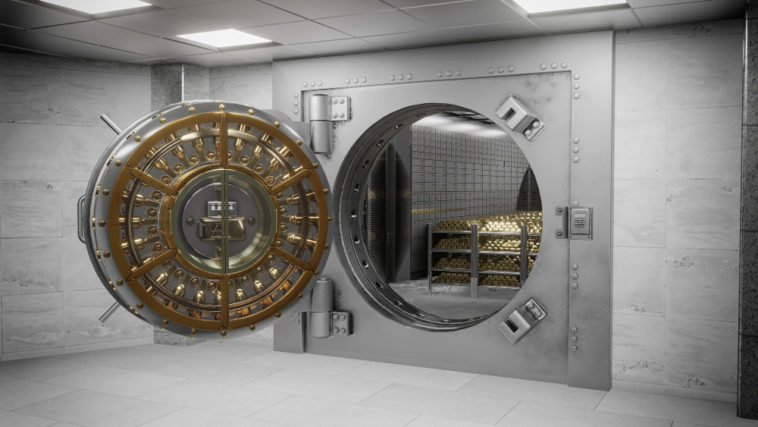It’s always nice to collect money that you’re owed. When you’re finally paid a debt, you feel a sense of accomplishment–like you made some sort of progress that day.
It’s even better when you have a windfall you didn’t know was coming!
Here’s the thing: You may have financial assets that are begging to be claimed. Of course, it would have been better for your wallet if you had snatched these up the moment they were available. But then again, better late than never, huh?
Officially, these assets go by the name of unclaimed property. Here’s how the National Association of Unclaimed Property Administrators (NAUPA) defines this term: “Property or accounts within financial institutions or companies—in which there has been no activity generated (or contact with the owner) regarding the property for one year or a longer period.”
Kinds of unclaimed property
NAUPA gives two categories of unclaimed property: intangible (which include stocks and “uncashed paychecks”) and tangible (such as contents of safety deposit boxes). Unclaimed property may also come in the form of:
- Checking or savings accounts
- Uncashed dividends
- Refunds
- Insurance payments
- Utility security deposits
- Customer overpayments
- Money orders
- Certificates of deposit
- Traveler’s checks
Where does unclaimed property go, and how do I claim it?
After the dormancy period lapses, the State steps in to take custody of the property. As such, since there is no centralized database keeping track of every stash of unclaimed property, you’ll have to scour each applicable state’s database to get yours.
For starters, you can visit the NAUPA website to get more details about your state’s unclaimed property office. Once you get in touch with state officials, make sure to ask for the specific details of the claiming process (which varies from state to state).
Collect money from employers, businesses, and foreign governments
You might be owed money by employers who broke labor laws. In this case, check whether your name is included in the Department of Labor’s database of workers who are owed back wages.
Meanwhile, if the individual or business you’re working for declares bankruptcy, you might be able to consider yourself a bankruptcy creditor. Since bankruptcy is a tricky issue in and of itself, you’ll have to familiarize yourself with the details regarding unclaimed bankruptcy funds. (In addition, companies that went out of business might also owe pensions. Find out more about unclaimed pensions here.)
And—wouldn’t you know it—even foreign governments might be holding on to money that’s rightfully yours! This happens when these governments nationalize your property in their country; or your property there sustains damage as a result of military action. Needless to say, it would be helpful to know what to do in these situations.
Collect money from insurance, banking, and investments
According to NAUPA, the US Department of Veterans Affairs (VA) may owe unclaimed insurance funds to “current or former policyholders or their beneficiaries.” The Unclaimed Funds page of the official VA website may be helpful in this regard.
Just updated: 50+ Ways to Make Money (including 30+ work from home jobs)
More ways to make money:
FlexJobs – Find remote and flexible jobs in over 50 career fields from all over the world.
Swagbucks – Earn free gifts and cash-back rebates by searching the web, playing games, watching videos, shopping, and more.
Writers Work – Find freelance writing jobs and publish your articles, all while working from home.
Public.com – Get free stock just for signing up for this investment app.
Refunds may also be forthcoming to individuals who have a mortgage insured by the Federal Housing Administration. Contact the US Department of Housing and Urban Development to inquire about these insurance refunds.
What if you deposited money into banking institutions and investments? Don’t worry, you can also get unclaimed funds in case your bank goes bankrupt, or your investments don’t deliver the money that you are owed. Just contact the Federal Deposit Insurance Corporation and Securities and Exchange Commission.
Collect money from tax refunds
The term “tax refund” is music to the ears, but what if it’s undelivered or unclaimed? You can go to the aptly titled “Where’s My Refund” page on the IRS site to get the ball rolling here. The IRS also offers telephone assistance in this regard. As for state tax refund checks, you can look up your state revenue department on the IRS database.
If all of this sounds like too much of a bother, bear this in mind: these assets have your name written all over them. They’re rightfully yours, so go ahead and claim every last bit of your unclaimed property.



